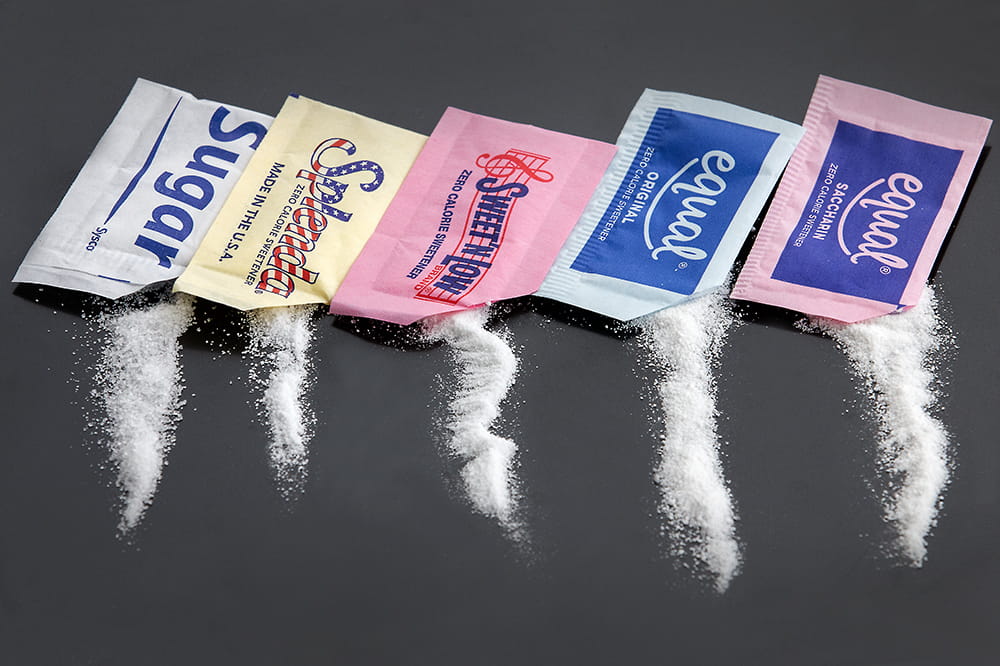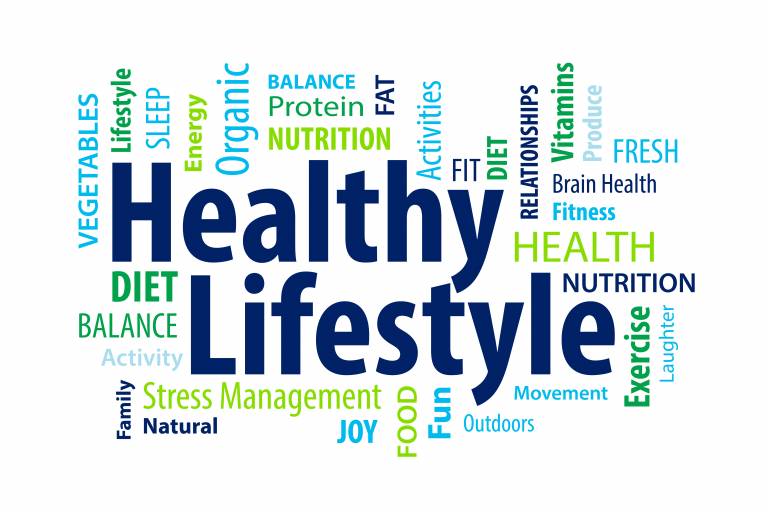“Unveiling the Sweetener Saga: Are Sweeteners Carcinogenic?

Sweeteners are substances that are used to add sweetness to food and beverages without adding calories. In a low-calorie-crazed society like today’s, they are often used as a replacement for sugar. The most common types of sweeteners are artificial sweeteners and sugar alcohols. Artificial sweeteners are synthetic compounds that are many times sweeter than sugar, and they are often used in small amounts to replace sugar in food and beverages, examples of which include saccharin, aspartame, and sucralose. Sugar alcohols, on the other hand, are derived from plants and have a sweetness level that is similar to sugar. Examples of sugar alcohols include erythritol and xylitol.
Both artificial sweeteners and sugar alcohols have been the subject of much negative publicity as well as research to verify or disprove the claim that they have any negative health effects. Public opinion has reached as far as to suggest that they may even cause cancer, however, the actual evidence as regards this is so far insubstantial.
One large study found no association between aspartame and cancer risk, while another found a slight increase in risk for certain types of cancer, as several other processed food products would cause. Overall, the evidence is not strong enough to conclude that artificial sweeteners cause cancer. More research is needed to fully understand the potential health effects as well as the long-term health effects of artificial sweeteners. It is also worth noting that many of the studies on this topic have been conducted in animals, so the results may not be directly applicable to humans.
This is not to say that sweeteners do not present other negative health effects. Research has suggested that artificial sweeteners may increase the risk of metabolic syndrome and type 2 diabetes. There is also some evidence that artificial sweeteners may affect the gut microbiome, which could potentially impact health. Turning to sugar alcohols, there is also some concern that they may have health risks, although the evidence is less clear. Some studies have found that sugar alcohols may cause digestive upset, such as bloating and diarrhoea. They may also affect blood sugar levels and insulin sensitivity. However, more research is needed to determine the long-term health effects. In the meantime, the US Food and Drug Administration (FDA) has approved several artificial sweeteners as safe for use in food and beverages.
Aspartame, one of the commonest sweeteners, is made from two amino acids – aspartic acid and phenylalanine. It is about 200 times sweeter than sugar, and it is commonly used in diet sodas and other low-calorie foods and beverages. Aspartame has been approved by the FDA as safe for use in food and beverages, but some people have reported adverse reactions after consuming it. Asides from the lack of a clear link between aspartame and cancer in humans, the levels of aspartame that are typically consumed are much lower than that which has been shown to cause cancer in animal studies.
At the end of the day, everyone is different and may have individual reactions to food ingredients. This does not automatically make aspartame or any other sweetener carcinogenic, at least until a direct link is found.
Oyesade Esther




